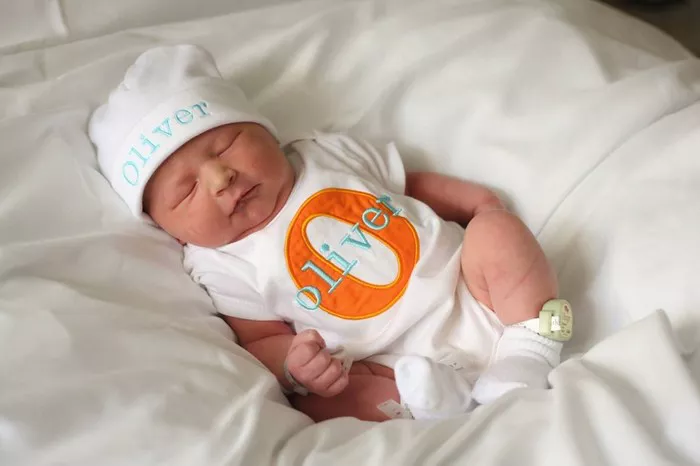When it comes to caring for infants, every decision matters, including the seemingly mundane choice of whether or not to put socks on their tiny feet. While it might seem trivial, the question of whether infants need socks is one that many new parents grapple with. In this article, we’ll delve into the importance of footwear for babies, exploring the benefits of socks, when they’re necessary, and considerations for choosing the right ones.
The Development of Baby Feet
Before diving into the sock debate, it’s essential to understand the development of infant feet. Babies are born with soft, pliable bones in their feet that gradually ossify and strengthen over time. During the first few months of life, their feet are still forming, and proper foot care is crucial for healthy development.
One of the primary functions of footwear for infants is to provide warmth and protection. Newborns have poor circulation and can lose heat rapidly through their extremities, making socks an important accessory, especially in colder climates or during winter months.
Furthermore, socks act as a barrier between a baby’s delicate skin and the rough surfaces they may encounter, such as carpeting or hardwood floors. This can help prevent irritation, chafing, and potential injuries.
The Role of Socks in Temperature Regulation
Babies have a limited ability to regulate their body temperature, and their feet are particularly vulnerable to temperature extremes. Socks play a vital role in helping to keep infants warm when they’re exposed to cooler environments, whether it’s indoors with air conditioning or outdoors during chilly weather.
However, it’s essential to strike a balance. While keeping your baby’s feet warm is important, overheating can also be a concern, particularly during warmer months or in climates with high humidity. In such cases, lightweight, breathable socks made from natural materials like cotton can help wick away moisture and prevent excessive sweating.
Additionally, socks can serve as a layer of insulation when infants are wearing footed sleepers or onesies, providing an extra level of warmth without the need for bulky blankets or additional clothing.
Protection Against Injury and Irritation
Beyond temperature regulation, socks offer protection against potential injuries and irritants. As babies begin to explore their surroundings, whether through crawling, cruising, or taking those first tentative steps, they’re exposed to various surfaces that can be abrasive or uneven.
Socks provide a cushioning layer between a baby’s feet and the ground, helping to reduce friction and the risk of blisters or sores. They can also prevent small particles like dirt, dust, or pet hair from coming into direct contact with the skin, reducing the likelihood of irritation or allergic reactions.
Furthermore, socks with non-slip grips on the soles can provide traction and stability, especially on smooth surfaces like hardwood or tile floors. This can help prevent slips and falls as babies learn to navigate their environment and develop their motor skills.
Considerations for Choosing the Right Socks
When selecting socks for your baby, there are several factors to consider to ensure both comfort and functionality:
1. Material: Opt for soft, breathable fabrics like cotton or bamboo that won’t irritate your baby’s delicate skin. Avoid synthetic materials, which can trap moisture and lead to overheating or skin irritation.
2. Fit: Choose socks that fit snugly but not too tightly, allowing room for your baby’s toes to wiggle comfortably. Avoid socks that are too loose, as they can bunch up and cause discomfort or restrict circulation.
3. Design: Look for socks with seamless toes and gentle elastic at the top to prevent rubbing and digging into your baby’s skin. Consider socks with fold-over cuffs to keep them securely in place and prevent them from slipping off.
4. Durability: Babies grow quickly, so invest in socks that are durable and can withstand frequent washing without losing their shape or softness. Opt for high-quality materials and construction to ensure longevity.
5. Safety: If you opt for socks with non-slip grips, ensure that they’re securely attached and won’t pose a choking hazard if they come loose.
In summary, while the question of whether infants need socks may seem trivial, the reality is that footwear plays a crucial role in protecting and supporting baby feet during their early stages of development. From temperature regulation to injury prevention, the benefits of socks for babies are numerous. By choosing the right socks and ensuring proper fit and comfort, parents can help promote healthy foot development and keep their little ones cozy and protected.


